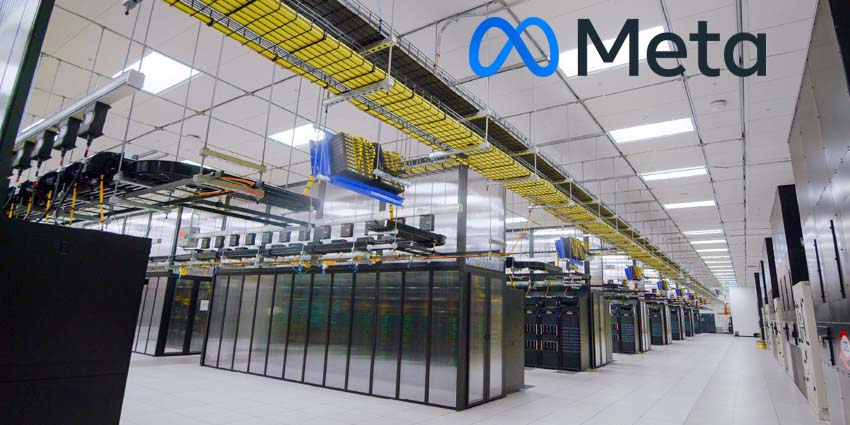Meta Launches TBD Lab: A Stealth Team Advancing Frontier AI Models

Introduction
Meta Platforms has quietly launched its "TBD Lab" as part of Meta Superintelligence Labs, signaling renewed ambition in next-generation AI research. With a select team of top engineers and scientists, Meta aims to leapfrog competitors in the foundation model race—potentially redefining the capabilities and safety of future AI systems[1].
What Is TBD Lab and Why Does It Matter?
- TBD Lab is staffed by "a few dozen" elite researchers and engineers under Meta's Superintelligence Labs umbrella.
- The initiative's primary focus is developing next-generation foundation models—the backbone behind advanced AI applications in language, vision, and reasoning[1].
- Foundation models power everything from chatbots to creative tools, and breakthroughs here could accelerate industry-wide progress.
Meta's Ambitious AI R&D Strategy
- Recent disclosures from Meta's CFO suggest substantial resource allocation to TBD Lab, including cutting-edge infrastructure, exclusive datasets, and collaboration with leading academic partners[1].
- The lab is expected to pursue architectures beyond conventional transformer-based models, according to industry reports, aiming for improvements in efficiency, interpretability, and robustness.
- Meta's approach contrasts with open research policies at Google DeepMind, favoring a stealth mode to safeguard intellectual property while seeking milestone breakthroughs.
Competitive Implications and Industry Impact
- Meta's investment in TBD Lab shows its intent to rival OpenAI, Google, and Anthropic in developing "superintelligent" systems, where accuracy, reliability, and safety are paramount[1].
- Experts note Meta is positioning itself as a leader not just in scaling, but in transparent AI benchmarking and validation—key concerns for regulators and enterprise clients.
- The initiative may also help Meta address policy pressures around AI safety, as seen in recent regulatory scrutiny of the sector, adding legitimacy to its claims of responsible innovation.
Future Directions and Expert Perspectives
Looking ahead, analysts anticipate early prototypes from TBD Lab to inform both Meta’s commercial products (from social media to the Metaverse) and broader advances in ethical AI. Transparency around validation and safety will become a defining test for the lab’s long-term reputation.
AI researchers such as @emilybender and @GaryMarcus have already weighed in on the significance of well-funded, focused research teams. The next six months will be closely watched for any public releases or peer-reviewed publications, with industry expectations high for transformative results[1].
How Communities View Meta’s TBD Lab AI Initiative
Discussion about Meta’s TBD Lab on X/Twitter and Reddit is intensifying, fueled by speculation about its secrecy and ambitions.
-
The dominant cluster questions whether Meta can match or outpace OpenAI and Google in foundation model breakthroughs. Posts in r/MachineLearning and by @Mario_Kanth use the phrase “AI arms race,” noting Meta’s hiring spree and resource commitment (estimated 40% of internal AI budget).
-
A second group expresses skepticism, raising concerns about transparency, safety testing, and real-world validation. Notable AI ethics voices like @abigailjd point out Meta’s checkered public record and urge for more openness about methodology and accountability.
-
A third cluster celebrates the announcement, with comments such as “Meta finally playing offense” (r/Singularity). Industry insiders like @jeremyhoward view this as a smart pivot, betting on deep internal R&D to tackle current LLM limitations.
-
A smaller segment, composed of Meta shareholders and corporate analysts, focuses on business implications—whether this investment can yield commercial advantages in the next wave of generative AI tools.
Overall sentiment leans cautious but optimistic, with roughly equal support and skepticism. The debate is shaped by perceptions of Meta’s past and expectation of real technical results.